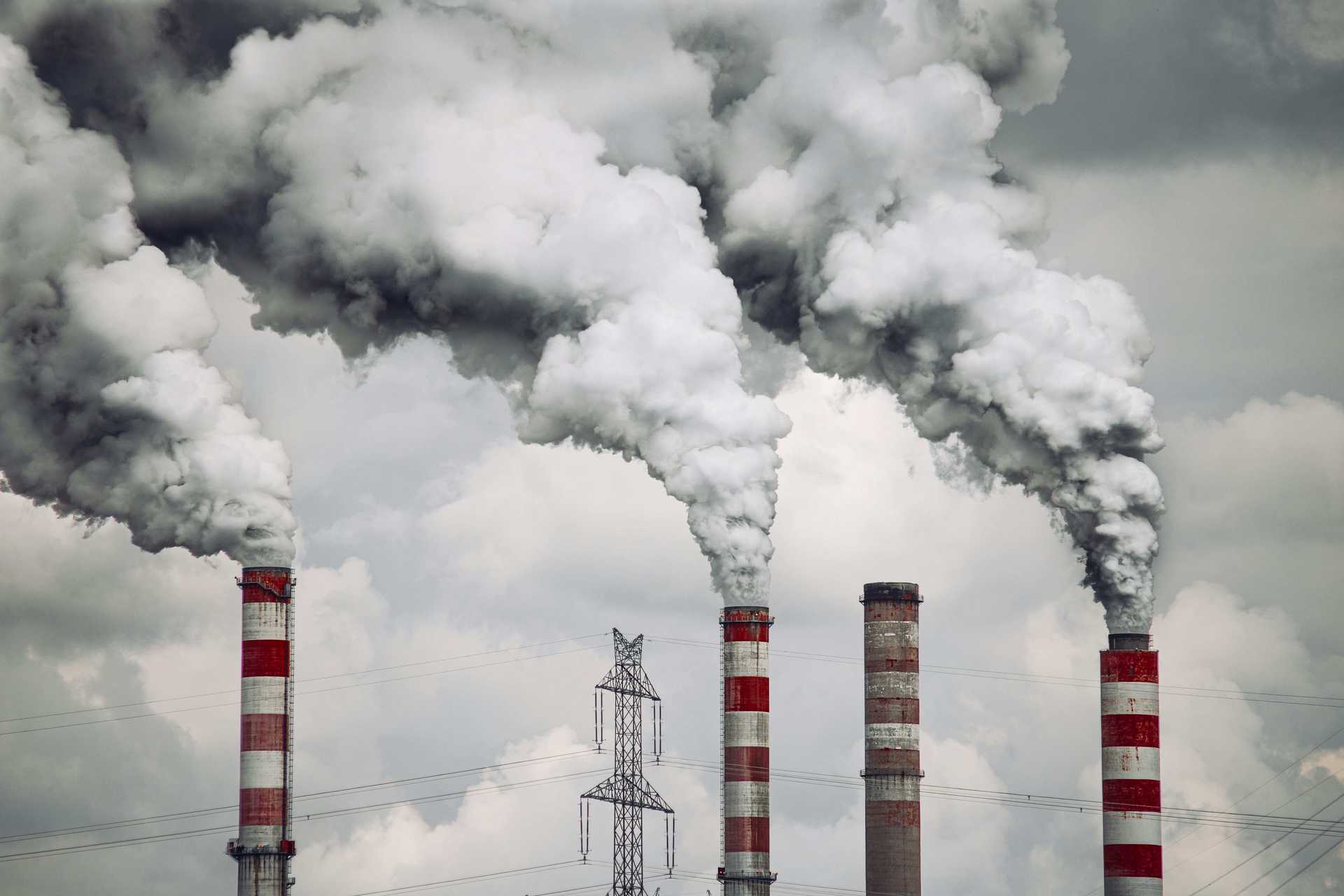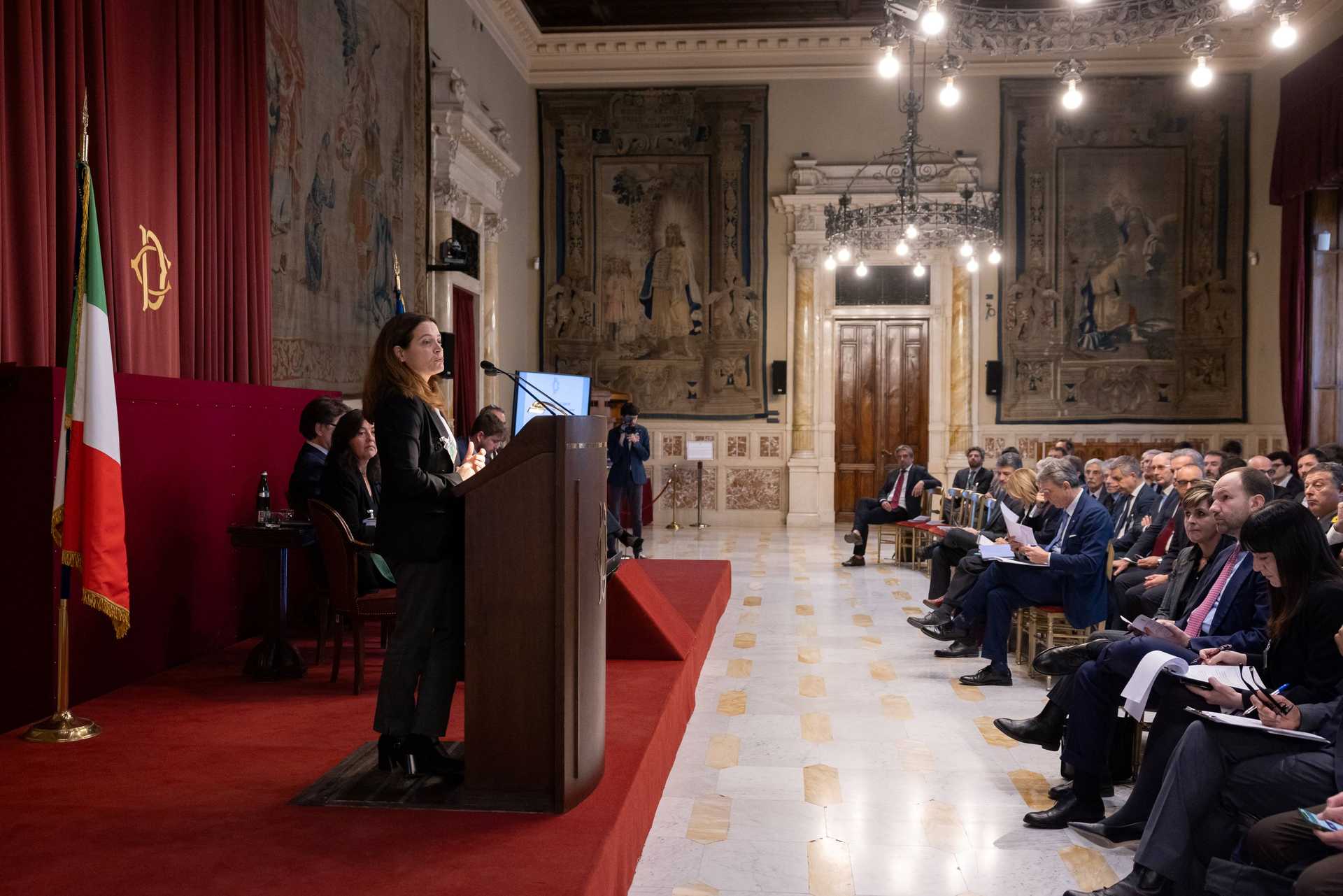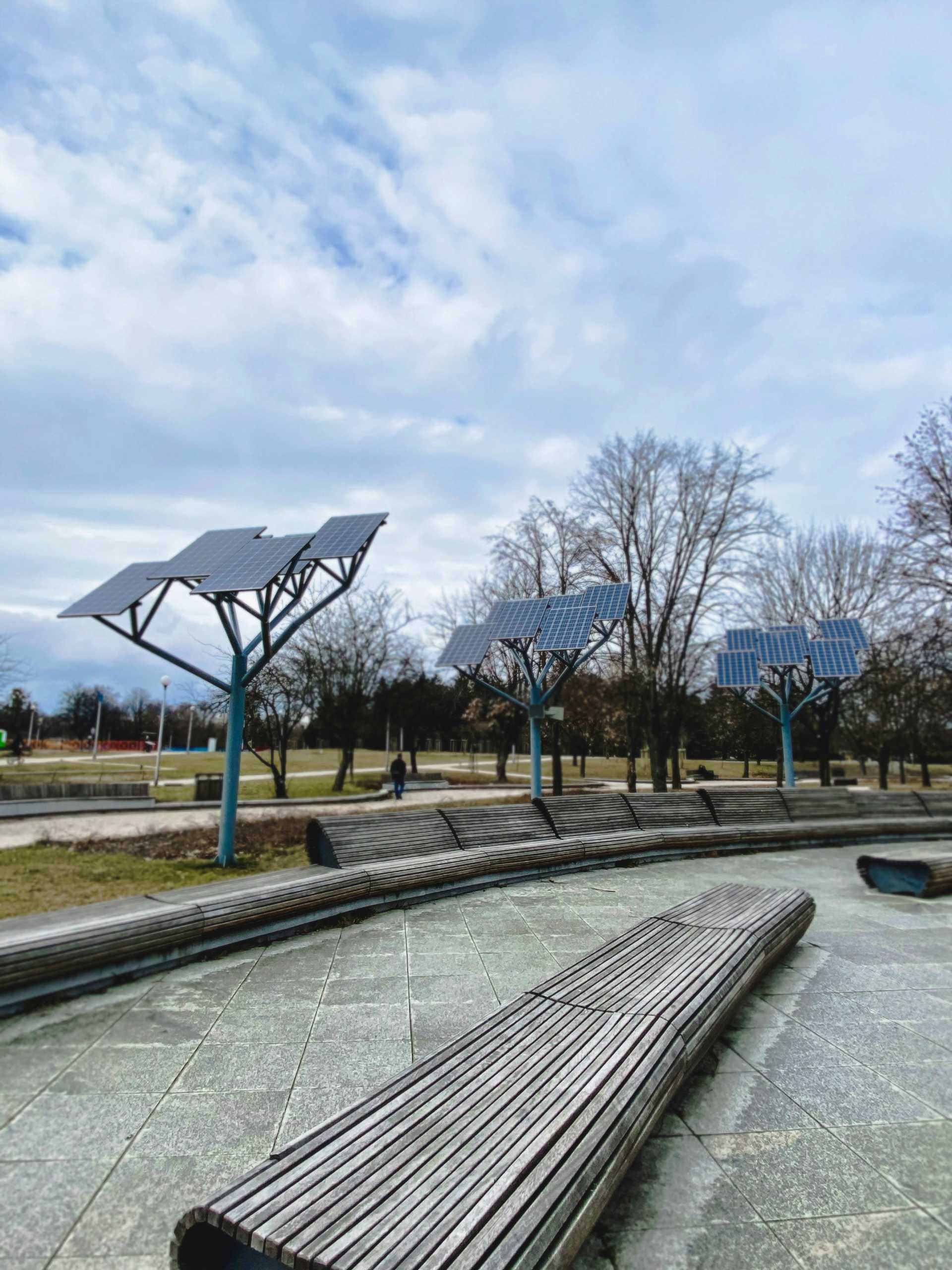In its current term, the European Union (EU) has set a new target of at least 55% emissions reduction by 2030, compared to 1990 levels, and climate neutrality by 2050. With the “Fit for 55” packages, the EU has complemented this ambition with a strong policy framework which will bring the EU closer to these goals. It is now crucially important to translate EU climate policy into domestic policy in all EU member states, especially in large countries with a significant share of emissions.
One key lever for this policy update is the development of so-called National Energy and Climate Plans (NECPs). All EU member states were requested to submit draft NECPs by mid-2023. Based on comments by the EU Commission and civil society actors, consultations, and analysis, these plans are aimed to be finalized by June 2024. One of their main goals is to show what countries are planning to do to reach the joint climate targets. The NECPs creation process is also a key moment for civil society action in many countries. Civil society actors are invited to comment on the NECPs and thus have an opportunity to influence the energy and climate policies of member states. To support these voices of civil society and ensure sound scientific evidence in this process, Allianz Foundation has established partnerships with two partners in key EU member states, Forum Energii in Poland and ECCO in Italy. Both have made significant contributions to domestic and European debates on climate policy recently which we would like to feature and link below.
Empowering EU Climate Action: Insights from Forum Energii & ECCO
An insight into the analysis of National Energy and Climate Plans (NECPs), carried out by ECCO in Italy and Forum Energii in Poland. Discover how these think tanks evaluate the implementation of EU climate goals and identify challenges in their country – an important glimpse into how civil society actors shape current EU climate policy.
May 7, 2024

Industrial pollution in Poland © Janusz Walczak
Project description
ECCO & Forum Energii
In July 2023, Italy has presented a draft update of its NECP to the European Commission which - according to ECCO’s analysis – indicates some progress towards aligning domestic policy with the EU climate ambition and showcasing what should be done. According to ECCOs analysis Italy’s NECP falls however short of drawing a credible and concrete pathway on how these targets will be achieved and conclusions on a fossil fuel phase-out. This concern was shared by the EU Commission in its remarks. ECCO has summed up its analysis of the draft NECP in a scorecard.

In addition, ECCO has developed a comprehensive, bottom-up emissions scenario based on policies and their expected effect. The key findings can be found in ECCO’s paper. It shows how Italy could align its NECP and corresponding policy with the EU climate ambition across the four main emitting, energy-related sectors: power, industry, buildings, and transport. To reach 55% emissions reduction by 2030, the Italian government would need to add ambition across all economic sectors:
- The scenario requires a share of 72% of renewables in the power sector by 2030 (vs. 65% in the draft NECP) which would align with Italy’s commitment in the G7.
- Industry would cut emissions by 37% compared to 2021 (compared to -24% in the draft NECP), including based on significant potentials of electrification of industrial processes.
- Transport would reduce its emissions by 37% compared to 2021, based on reduced demand for private transportation and more sustainable means of mobility, the use of EU recovery funds, and the electrification of cars.
- The building sector would emit only 36 million tons of CO2eq in 2030 (vs. 48 million tons in the draft NECP), largely based on the rollout of heat pumps and an increasing rate of renovation.
Poland’s new coalition government has voiced stronger support for the EU climate agenda compared to its predecessor, including by supporting more ambitious intermediate targets and an emphasis on the deployment of key solutions such as renewable energy and grid connections. The details, however, including in the NECP, are yet to be developed. Our partner Forum Energii argues that the government should focus on updating a set of key energy and climate strategies to guide the process. It is critically important to base future climate decisions on sound empirical evidence and transparency to navigate a polarized domestic debate. Urgent decisions include an update of the Polish climate neutrality target, and concrete transition trajectories for coal, fossil gas and the internal combustion engine.
Largely based on decisions by the former government, Poland lags on several key policy documents such as a state-of-the-art domestic energy strategy, a long-term decarbonization strategy and the NECP. Poland is one of the few countries which did not yet submit a draft NECP. There is also no ambitious implementation plan in key sectors such as heating or the energy transition with significant socio-economic implications. Forum Energii suggests prioritizing key political decisions, including:
- transitioning away from coal in the power sector and district heating;
- a pathway away from fossil gas in electricity, heating and industry;
- limiting the registration of new and used cars with internal combustion engines;
- accelerating the expansion of offshore wind power (in addition to 18GW planned capacity)
- adopting a goal of climate neutrality by 2040.
Lastly, Forum recommends a reform of climate governance in Poland, including through establishing a Council on Energy and Climate Policy with leading experts of diverse backgrounds to inform effective climate policy, and a stronger coordination within government.
